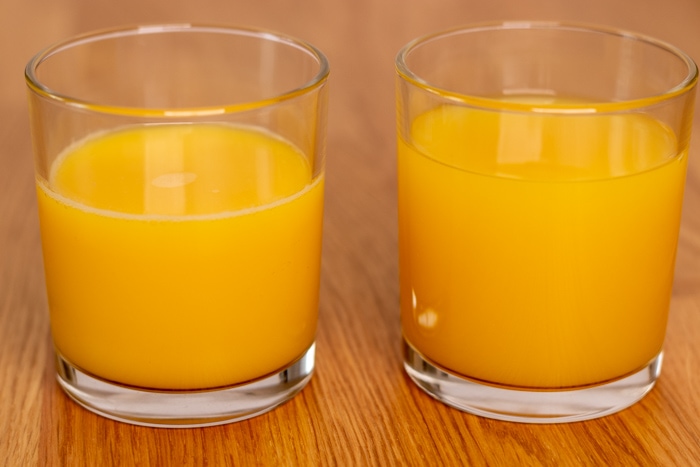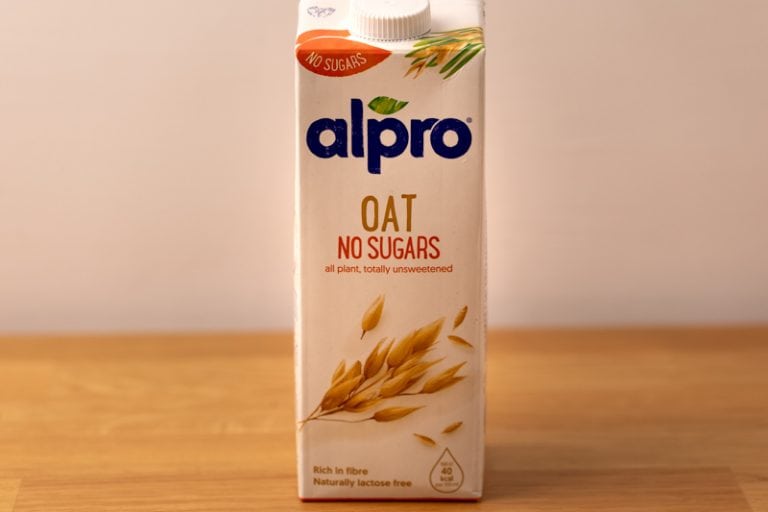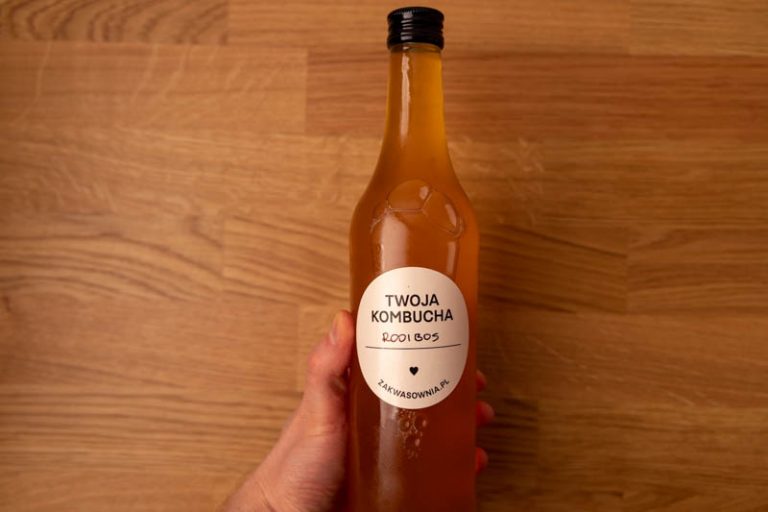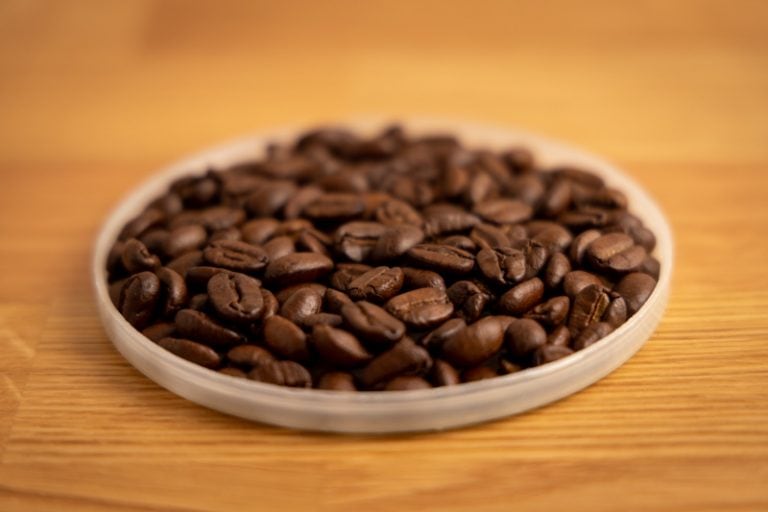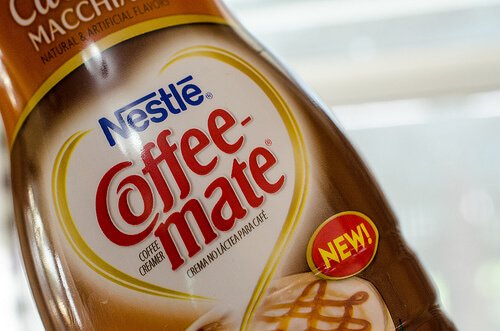Do K-Cups Expire? How Long Do Coffee Pods Last?
Here’s all about K-Cups and expiration dates. In this article, you’ll learn everything you need to know about whether or not K-Cups expire, and how long do they really last.
You found a package of 3-year-old K-cups, and you’re wondering if you should toss them or not. Do K-Cups ever expire?
Or maybe you’re considering ordering your coffee pods in bulk, but you’re not sure how many containers you should buy.
Sounds familiar?
If so, this guide is for you. Read on.
Even though this article is about coffee pods, everything in it applies to other pods (like hot chocolate, tea, and other drinks) as well.
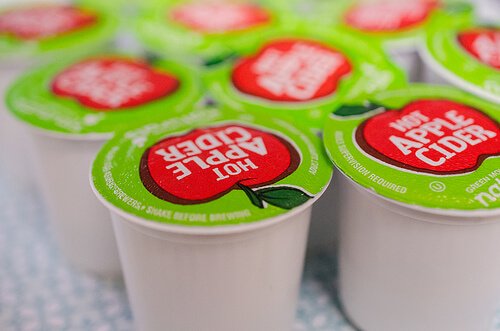
Do K-Cups Expire?
While K-Cups have a best-by date printed on the label, they keep for months past it. As long as the cup is intact and the seal unbroken, it should be safe to use.
Unfortunately, K-Cups don’t last forever, and if yours are a few months past their date, they should taste a bit worse than fresh ones.
In other words, expired K-Cups, no matter the brand, should be drinkable, but not necessarily good in terms of taste. It all depends on your palate, though.
The pods are safe for months (and years even) because, assuming the seal is untouched, they are sealed tight. They’re like a mini tin can.
Here’s how it’s described on Keurig’s website:
K-Cup® pods are nitrogen-flushed, sealed for freshness and impermeable to oxygen, moisture, and light.
As you can tell, things are pretty similar to ground coffee or even instant coffee. The difference is that Keurig cups (and pods from other brands) retain quality for much longer because the coffee is safe from the outside environment.
Can K-Cups Go Bad?
Coffee pods can go bad, but it’s a matter of storage, not time. If your container gets squashed and seals on some K-Cups break, those pods should be discarded.
Of course, most likely, nothing will happen to the coffee even after the seal is cracked, but it’s better to err on the side of caution in these matters.
In a severe case, if those cups sit in a humid environment, you might find mold or any other organic growth in there. If that’s the case, discard the whole container just to stay safe.
Now that you know that K-Cups easily last past their date and don’t go bad easily, it’s time to talk about how long they stay good for.
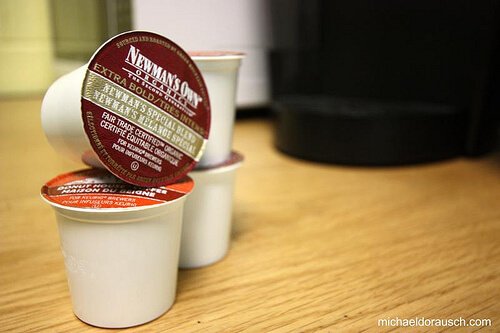
How Long Do K-Cups Last?
| Pantry | |
|---|---|
| K-Cups | Best-by + 3-6 months for best quality |
K-Cups come with a shelf life of one to two years printed on the label. The pods keep quality for at least a few months past that date, but they stay safe as long as the seal is intact.
That means that the “real” shelf life of K-Cups depends heavily on your palate.
If you’re a regular coffee drinker looking to get your daily caffeine dosage, you probably won’t notice much flavor difference even if the pod is a year or two years past its date.
But if you’re a connoisseur wanting to get the most out of each cup, you’ll probably start noticing a slight decline in quality after a month or two.
Now, let’s talk about the date that’s printed on the label.
Expiration Date
The date printed on each coffee pod is not an expiration date but rather a best-by date that’s supposed to inform you how long the coffee should retain quality. It has nothing to do with food safety or the coffee grounds in pods going bad.
Truth be told, you probably don’t need to pay much attention to the printed date.
Only after you notice that your coffee’s flavor has declined, it’s probably a good idea to check it. And if it turns out it’s months after the date on the label, you know the culprit.
Now, does that mean you should order K-Cups in bulk because they don’t really go bad?
Not necessarily.
You can stock up on the pods, but I wouldn’t order more than I need for maybe a year or so. That’s not because they will go bad or the quality will decline, but because you might lose your liking for your current favorite flavor.
And if that happens, you can:
- discard the remaining pods, which is a huge waste
- sell them, which adds yet another thing to your todo list
- use them and hate your coffee every day
As you can tell, none of the solutions is good, so it’s probably better to avoid the problem in the first place.
Last, let’s briefly touch upon storage because there is a lot of misleading information about that out there.
How to Store K-Cups?
Everything that K-Cups need is being stored in a cool and dry place out of direct sunlight. That’s it.
There’s no need for refrigeration or freezing to keep the quality of the coffee top-notch for longer.
Sure, freezing might work for prolonging the freshness of coffee beans (here’s how long coffee beans last), but it’s unlikely that coffee pods will benefit much from it. They’re already sealed tightly and safe from fresh air (due to being nitrogen-flushed), so there’s not much they can gain from low temperatures.
The bottom line is that you should store K-Cups in a dark cabinet in the kitchen or pantry. Refrigeration or freezing is okay but won’t help much.
Rotten Records: Share Your Snap!
Caught some food past its prime? Upload your photo to “Rotten Records” and help others spot the signs of spoilage. Every image makes our food community safer and more informed!
